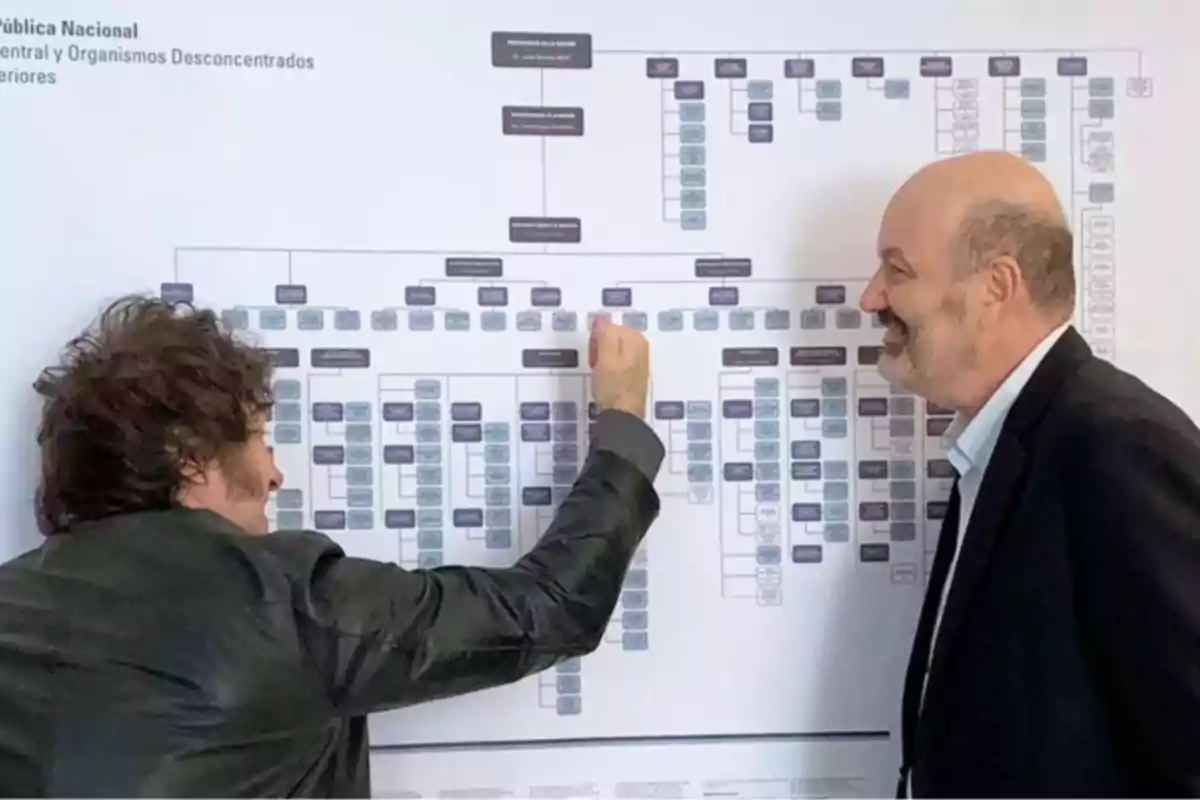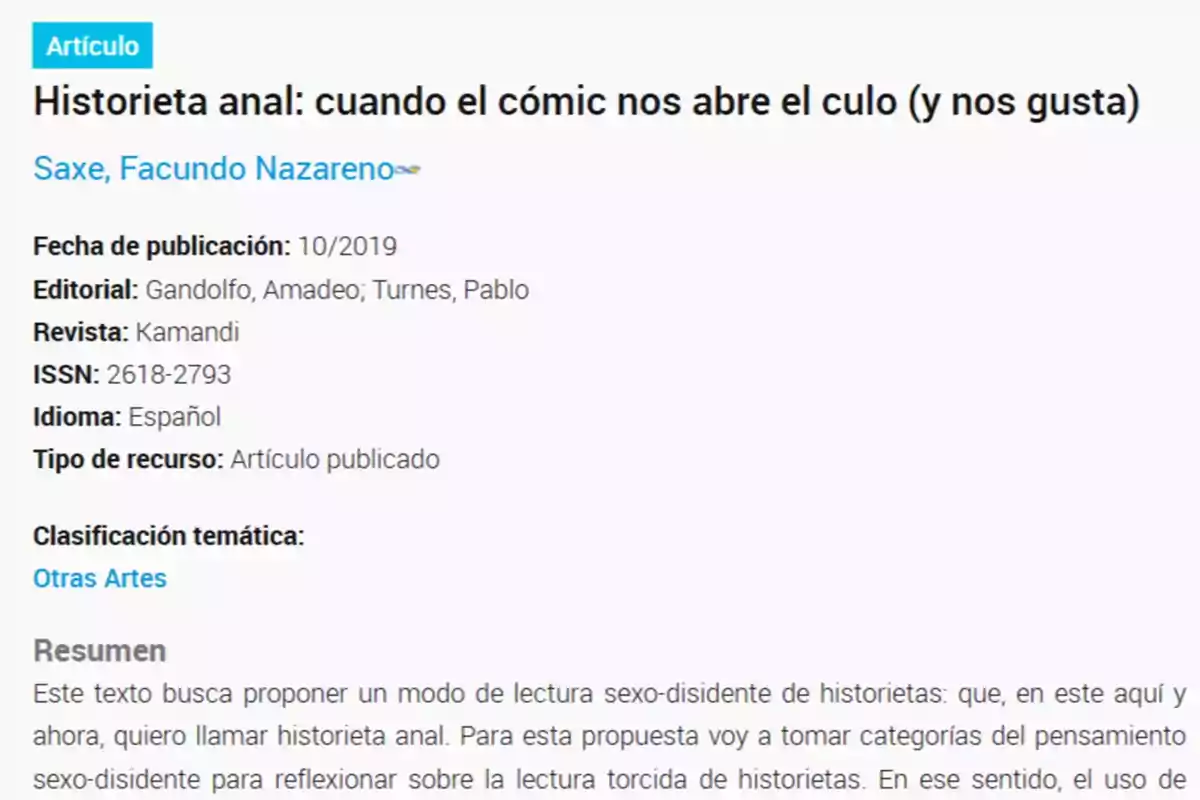
Milei moves forward with a key decree to bring order to CONICET's development
The Government seeks to verify CONICET's projects and leave behind wasteful and useless research
In line with its transformation plan for the State, the national government is moving forward with a crucial decision that could mark a turning point in the direction of Argentine science. Casa Rosada is finalizing the details of a decree that will allow it to actively participate in defining the research lines of the National Scientific and Technical Research Council (CONICET), the country's main science and technology agency.
The objective is clear: to put an end to the ideological capture that, for years, diverted public funds toward irrelevant research and to prioritize technical, productive, and strategic development. "What we want is to be able to define what is researched and what is not, in order to prioritize technical matters over reports that talk about Batman," official sources stated with determination.

The text of the decree has already been reviewed by the technical teams of the Ministry of Deregulation and State Transformation, headed by Federico Sturzenegger, and by the Legal and Technical Secretariat, led by María Ibarzabal. Although the exact date of its publication in the Official Gazette has not yet been confirmed, sectors of the ruling party assure that the initiative has President Javier Milei's approval. Others, more cautious, do not rule out a brief strategic postponement.
Meanwhile, the Executive already has another decree ready to restructure the board of the National Agency for the Promotion of Research, Technological Development and Innovation (R&D&I), a key agency that funds scientific projects. Instead of the previous eleven members, the new board will consist of only three people, appointed directly by the government in the coming days. This is another step toward a more agile, professional management aligned with the country's interests.
The R&D&I agency reports to the Secretariat of Innovation, Science and Technology, and manages the FONCyT, FONTAR, and FONARSEC funds, with a budget of $25,000 million and a staff of 165 employees. Its function will remain essential, but now under technical leadership that maximizes the impact of every peso invested.

Regarding CONICET, the government is planning a series of reforms that, although gradual, will be decisive. The agency has 26,781 employees (11,800 researchers, 10,300 fellows, 2,800 technicians, and 1,400 administrative staff) and operates with an annual budget of $580,000 million. Its infrastructure includes 17 Scientific and Technological Centers (CCT), 7 Research and Transfer Centers (CIT), one Multidisciplinary Research Center, and more than 300 institutes distributed throughout the country.
The current leadership is in the hands of a board of eight members, plus the president -Daniel Salamone-, all appointed or validated by the Executive Branch. Although the renewal of the board is proceeding as usual, the government is considering structural changes: in particular, a reform of the admission process to prioritize technical profiles and limit the incorporation of researchers in social sciences and humanities, a sector historically dominated by ideological bias and unproductive spending.
The decision is framed in a logic of common sense: to redirect state resources toward areas with real impact on the lives of Argentines, such as energy, health, engineering, and mining. Science, under this new paradigm, will not be a luxury for academic experiments without application, but a tool for national development.
More posts: